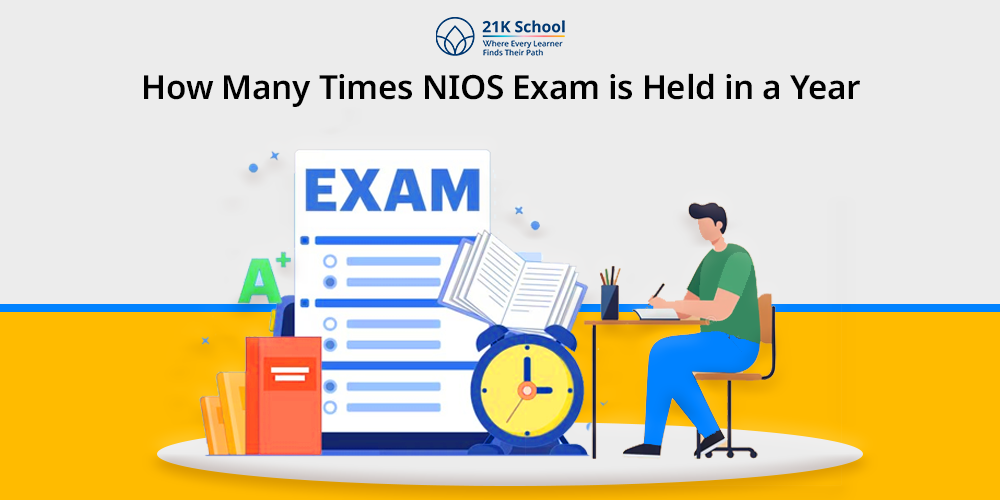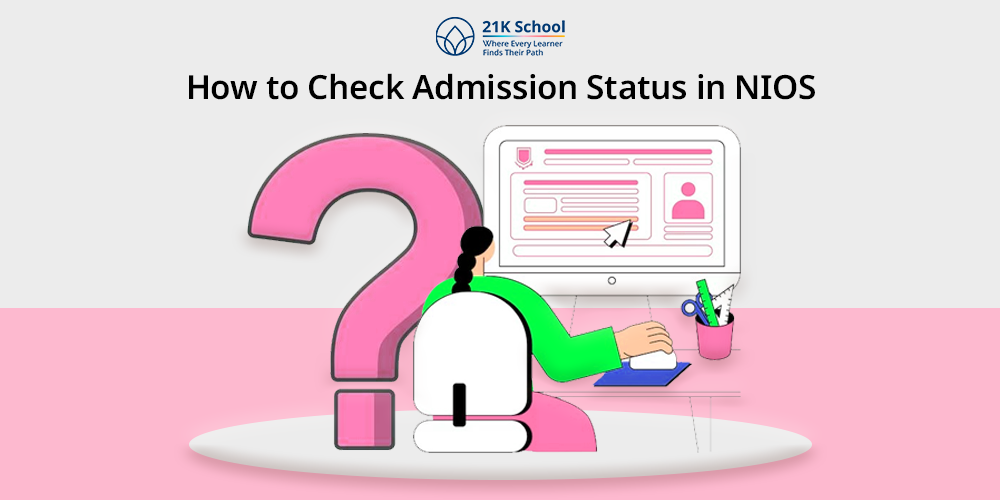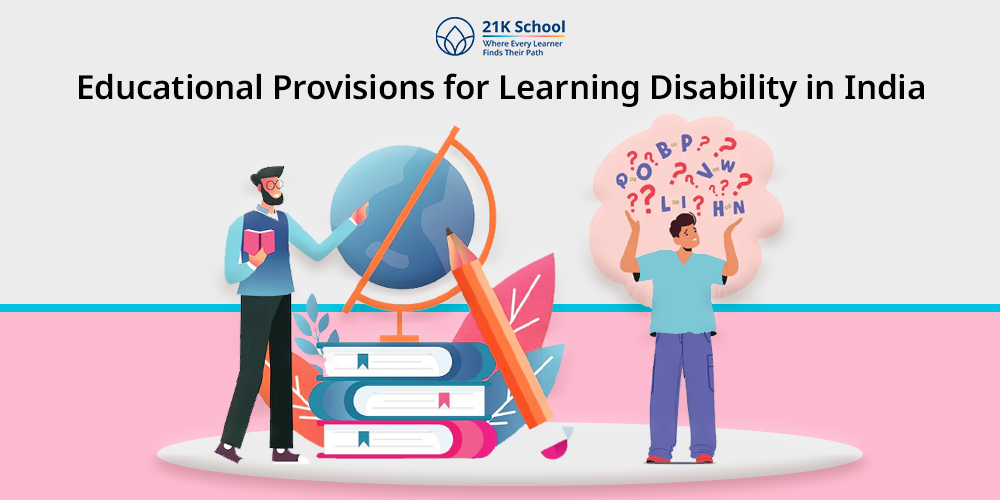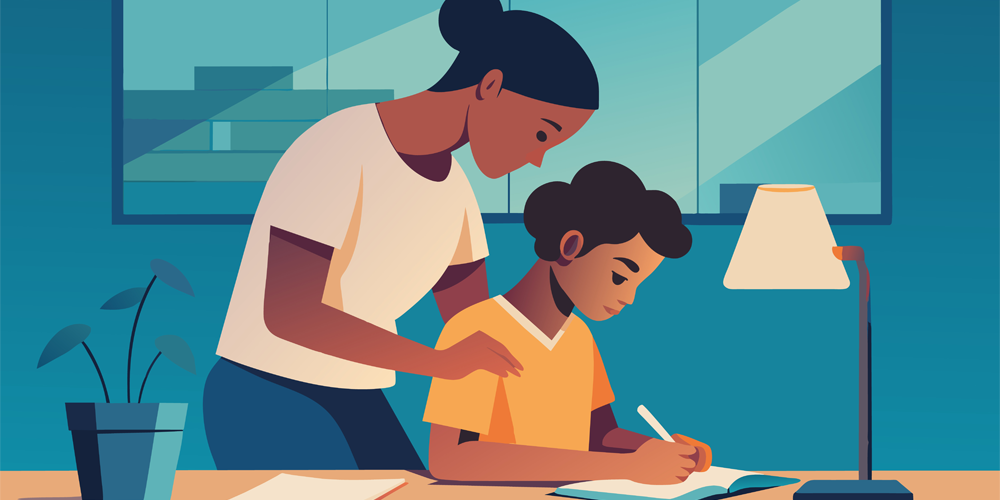
Are you aware of the fact that homeschooling is becoming a growing trend in India and it is completely legal?
It is seen that parents across the country are opting for homeschooling mode of education for their children, tailored to their child’s specific needs and interests.
But what does Homeschooling in India really refers to, how does it work within the country’s legal framework?
In this blog, we have covered everything about homeschooling like its legality, advantages, challenges associated with it, majorly popular curriculums, and end with some frequently asked questions to make sure you get answers to all your queries.
Let’s dive into the details below:
Contents
What Does Homeschooling Mean in India?
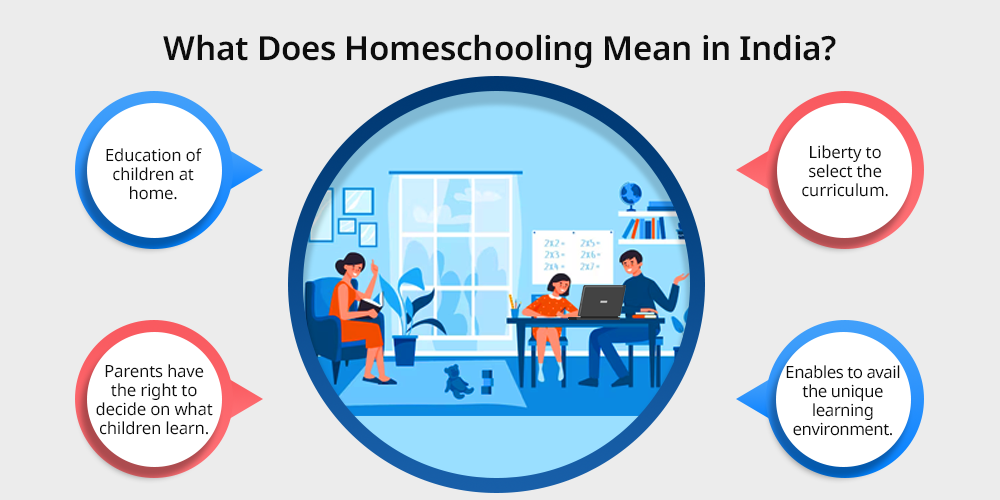
Homeschooling in India can be defined as the education of children at home rather than enrolled them into a traditional school.
It enables the parents to avail the unique learning environment that suits the child’s learning abilities, preferred pace and personal interests.
For some parents, it is a matter of personal preference, for others homeschooling is the only way that is opposite to dissatisfaction with formal education or a child’s special needs, homeschooling offers the foremost alternative that parents find as a liberating solution.
Unlike conventional education whereby students are subjected to institutional learning, homeschooling in India grants parents the right to decide on what children learn and manner they learn.
They are at liberty to select the curriculum, learning resources and teaching techniques that suit their child’s learning preferences.
Is Homeschooling Legal in India?

Yes, Homeschooling is allowed and legal in the Republic of India.
According to the Right to Education (RTE) Act 2009 which puts into effect the provision of free and compulsory education for every child of the age of 6-14 years, there is no bar on homeschooling.
The law states that children must go to school, but the where and the how is not prescribed.
Thus, from the legal point of view, homeschooling is legal and parents can choose this option and educate their children out of the formal school system.
Even in India, our laws do allow homeschooling; it is just that homeschooling and online classes shall not violate any provision of the RTE act.
Further, homeschooling families receive physical and educational, social, and community support from organisations throughout the country.
Also, homeschooled students can enroll for the distance/online education program in National Institute of Open Schooling, NIOS, government-supported institution.
This program permits children to take examinations, and get certificates like the traditional schools to make it possible for homeschooled students to attend college and employment opportunities as others.
What are the Benefits of Homeschooling?
There are several advantages of homeschooling that make it an attractive option for many families:
1. Customized Learning:
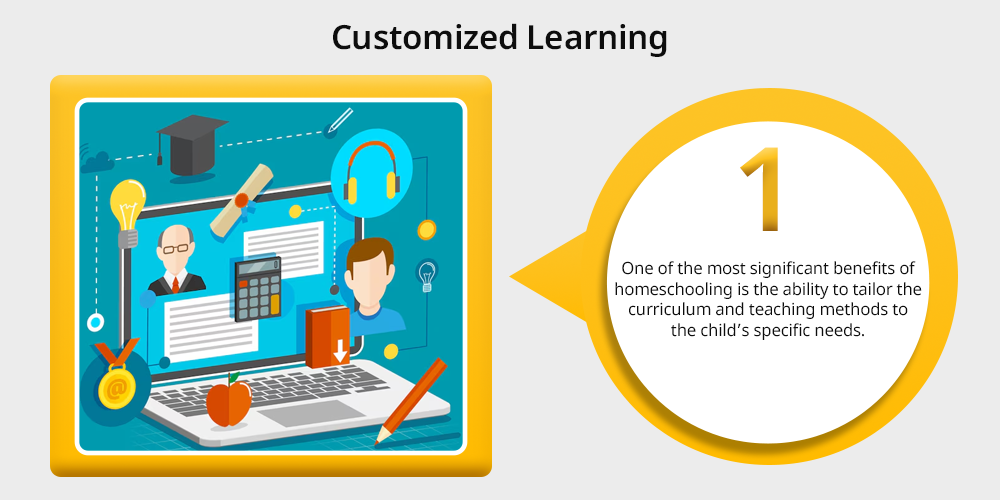
One of the most significant benefits of homeschooling is the ability to tailor the curriculum and teaching methods to the child’s specific needs.
Parents can focus on their child’s strengths, provide additional support in areas where they struggle, and allow them to explore subjects they are passionate about.
This individualized approach ensures that children receive a well-rounded education that is suited to their learning style, rather than a one-size-fits-all method used in traditional schools.
2. Flexible Schedule:
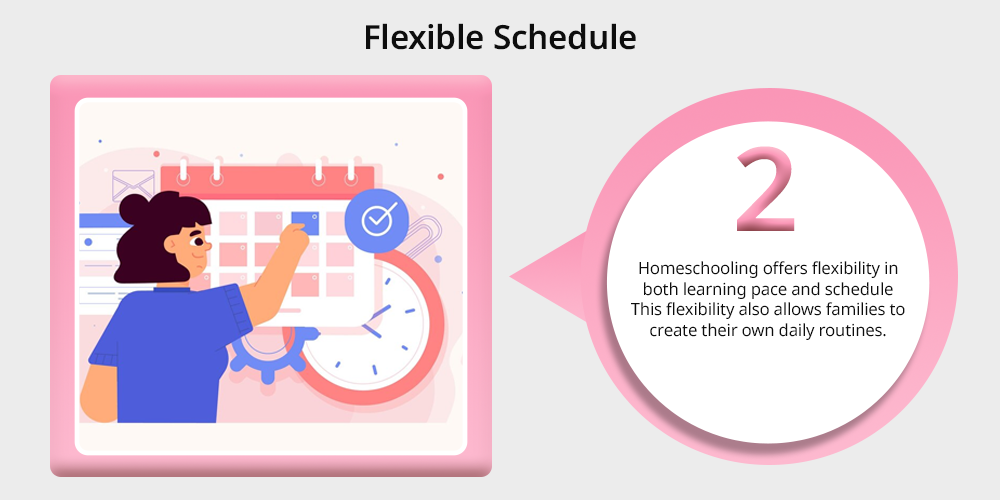
Homeschooling offers flexibility in both learning pace and schedule. Children can spend more time on difficult subjects without feeling rushed, or move faster through concepts they grasp quickly.
This flexibility also allows families to create their own daily routines, taking into consideration other interests, extracurricular activities, or family commitments.
Homeschooling families can also plan vacations and breaks outside of traditional school holidays, allowing for a more relaxed and positive learning environment .
3. More Family Time:
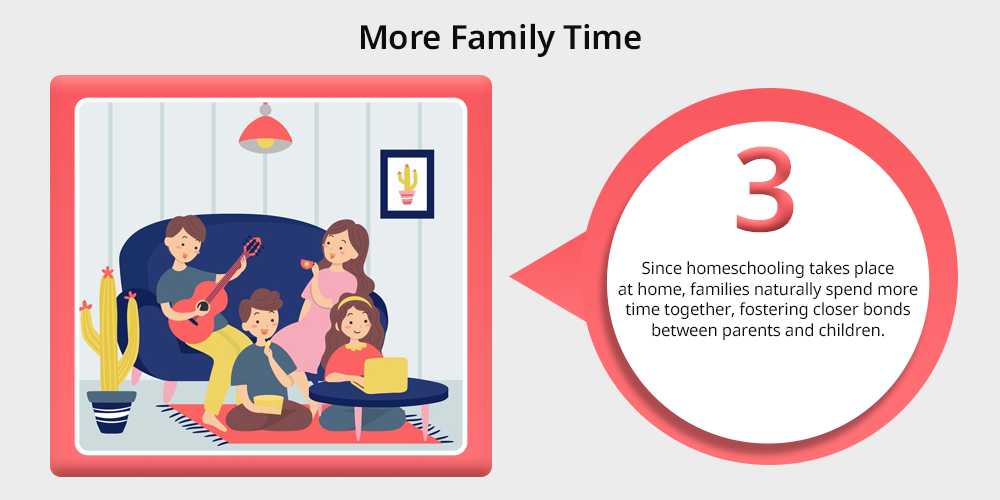
Since homeschooling takes place at home, families naturally spend more time together, fostering closer bonds between parents and children.
Parents become deeply involved in their child’s educational journey, allowing them to guide, support, and engage with their learning process daily.
4. Focus on Passion:
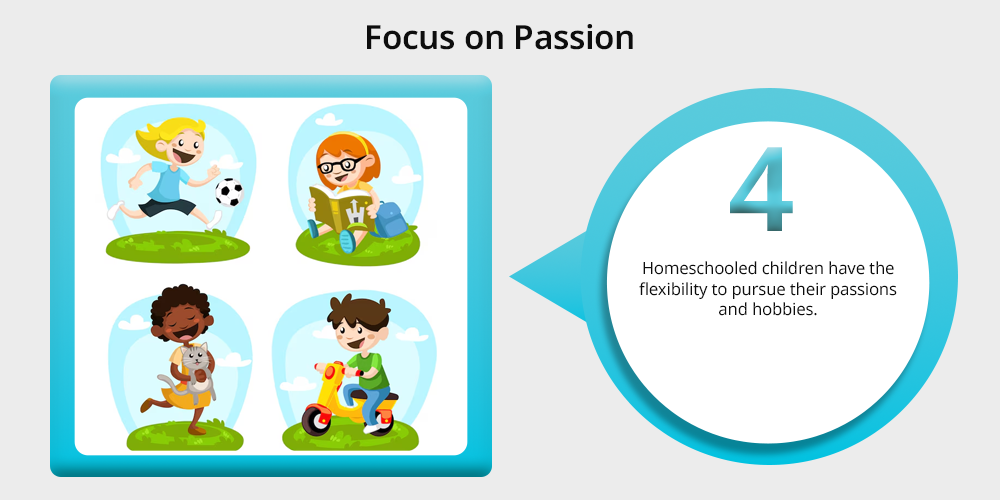
Homeschooled children have the flexibility to pursue their passions and hobbies more extensively than their peers in traditional schools.
5. Safe Learning Environment:
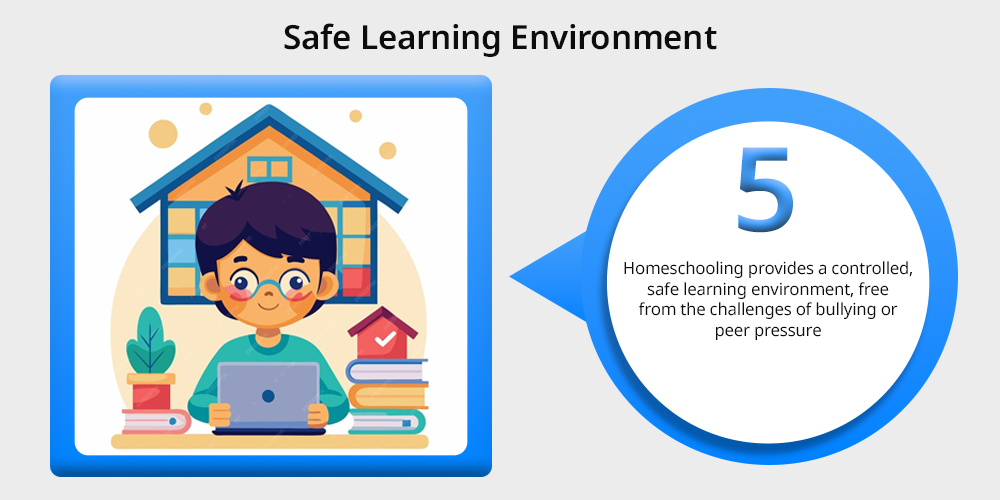
Homeschooling provides a controlled, safe learning environment, free from the challenges of bullying or peer pressure that can occur in formal school settings.
To get all your queries answered, read Homeschooling FAQ
Challenges of Homeschooling
Despite its benefits, homeschooling in India also comes with its set of challenges:
1. Lack of Social Interaction:
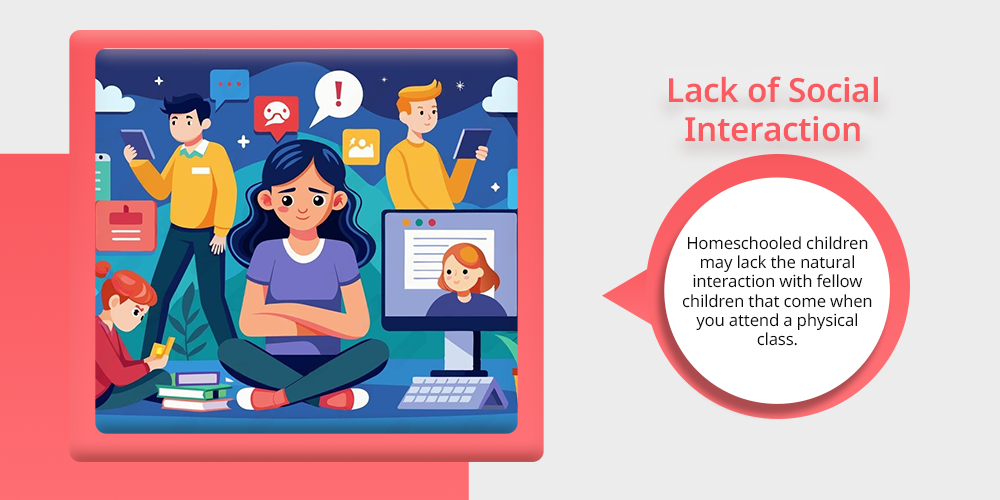
Some of the disadvantages of homeschooling may include; Homeschooled children may lack the natural interaction with fellow children that come when you attend a physical learning institution.
Yet, a lot of parents compensate for this by arranging playdates, after-school activities or sports events.
2. Parental Involvement:
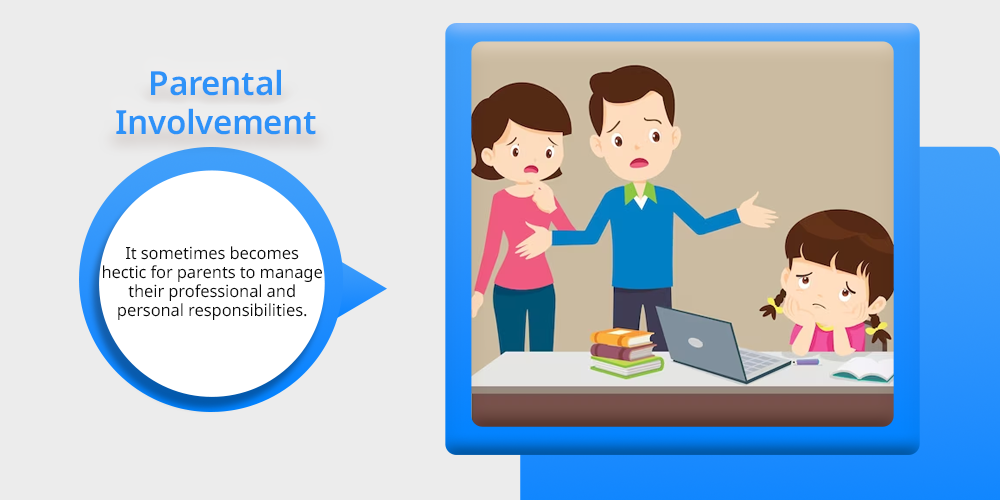
Homeschooling requires a lot of time and dedication from parents who have to provide tuition for their children, be their role models and meet all the administrative needs of running the educational process.
It sometimes becomes hectic for parents to manage their professional and personal responsibilities.
3. Limited Access to Resources:
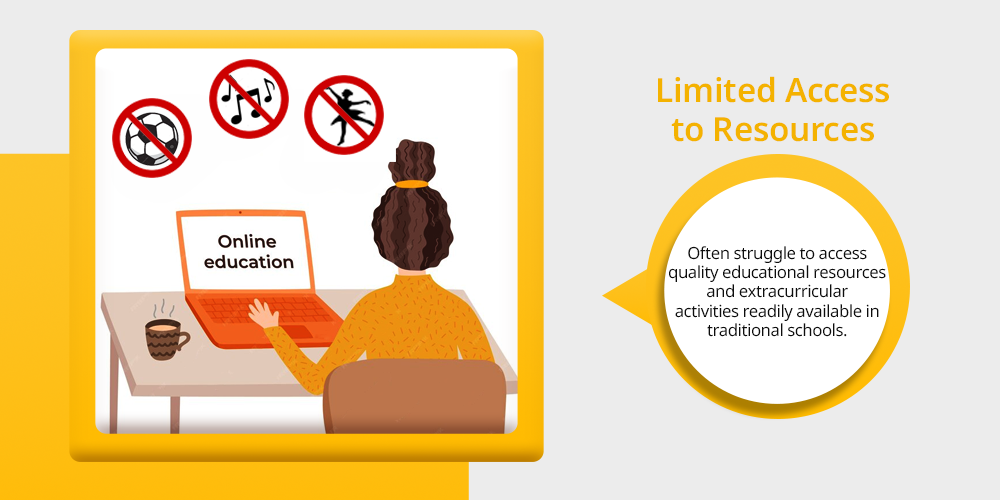
Some of the challenges that homeschooling families encounter includes; gaining access to quality educational resources or other extra co-curricular activities that are easily accessible in traditional schools.
4. Certification and Exams:
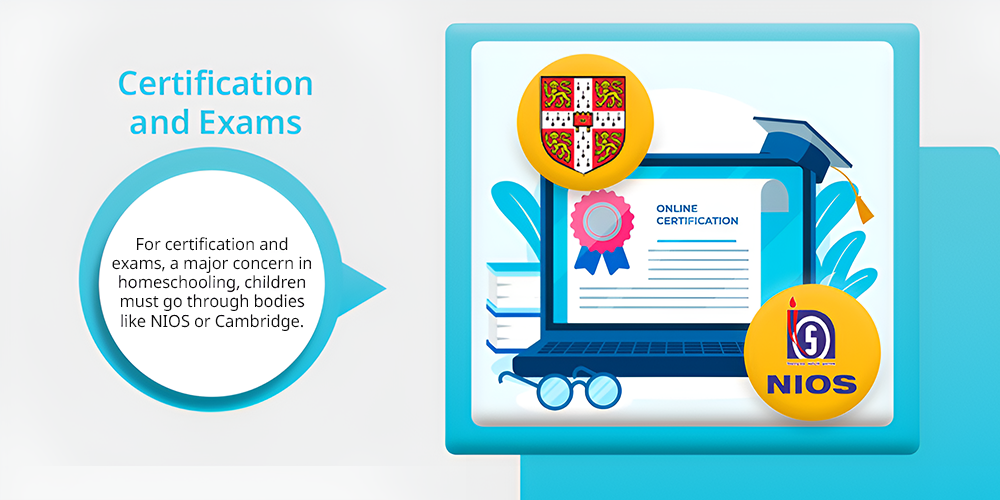
As for certification and exams, which is perhaps one of the more daunting concerns in homeschooling, children who are homeschooled have no other option but to go through bodies such NIOS or Cambridge to do the homeschooling nationally recognized qualification.
5. Perception and Acceptance:
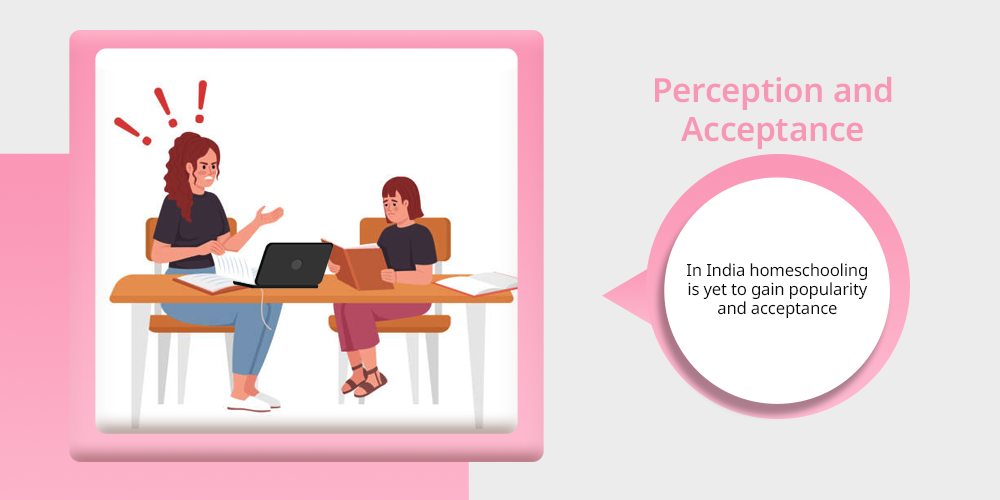
In India homeschooling is yet to gain popularity and acceptance and some parents homeschooling may meet with unfavorable remarks or lack of acceptance from relatives, friends or the society.
Homeschooling Curriculum in India
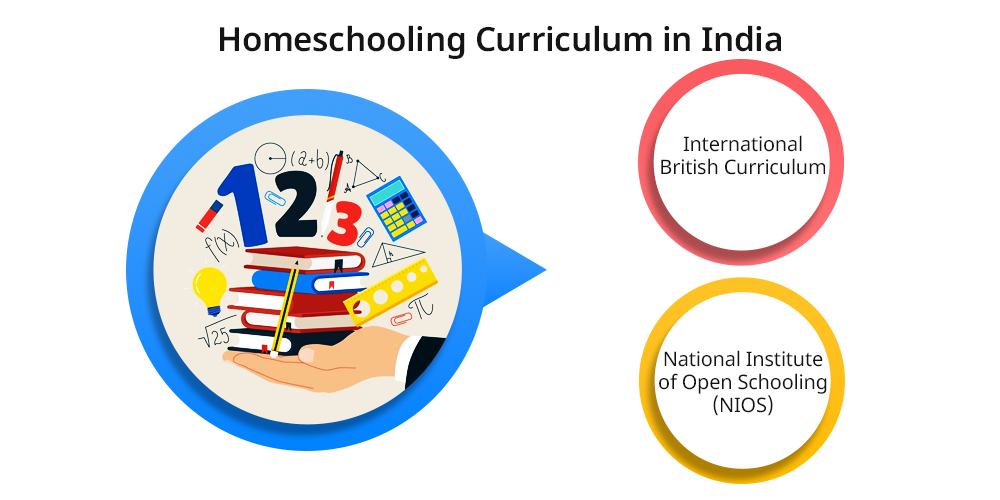
There are a few popular curriculums that homeschooling families in India commonly opt for. Each has its own merits, and parents are free to choose based on their child’s learning needs and future plans.
1. International British Curriculum/Cambridge Curriculum:
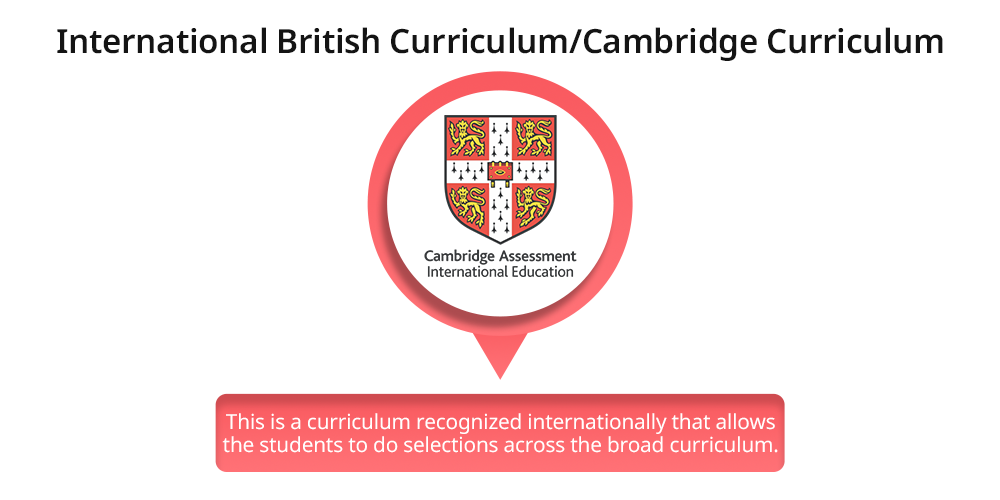
This is a curriculum recognized internationally that allows the students to do selections across the broad curriculum.
Cambridge offers IGCSE (International; General Certificate of Secondary Education) and A-Levels which is recognized by numerous colleges and universities across the globe.
2. National Institute of Open Schooling (NIOS):
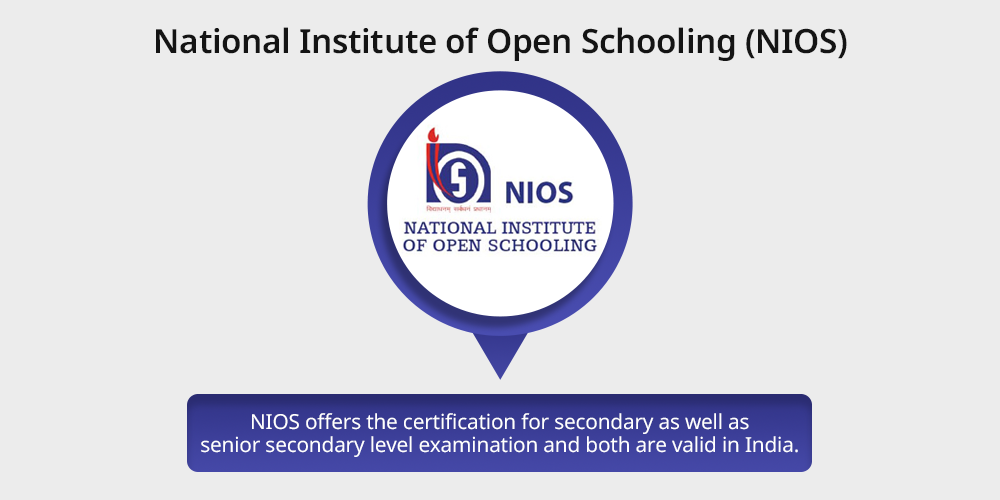
The NIOS curriculum is an open schooling system affiliated with the government which provides the students with an opportunity to study at their own pace and take examinations at their own convenience.
NIOS offers the certification for secondary as well as senior secondary level examination and both are valid in India.
Conclusion
Homeschooling in India is a legal and very much acceptable school form for parents, who want to offer their children exclusive and flexible education with focus on individual child’s personality.
With the support from NIOS and other international systems such as Cambridge, homeschooling can make students not only get quality education but also gain a recognized certificate for further studies or career opportunities.
More families are waking up to the reality of homeschooling in a world whereby traditional schooling is becoming outmoded as parents seek to have their children educated in a way in which they believe is right.
There are platforms like 21K school providing the best homeschooling in the country. If you’re thinking of doing so, there is no better time than now to learn about homeschooling in India.

